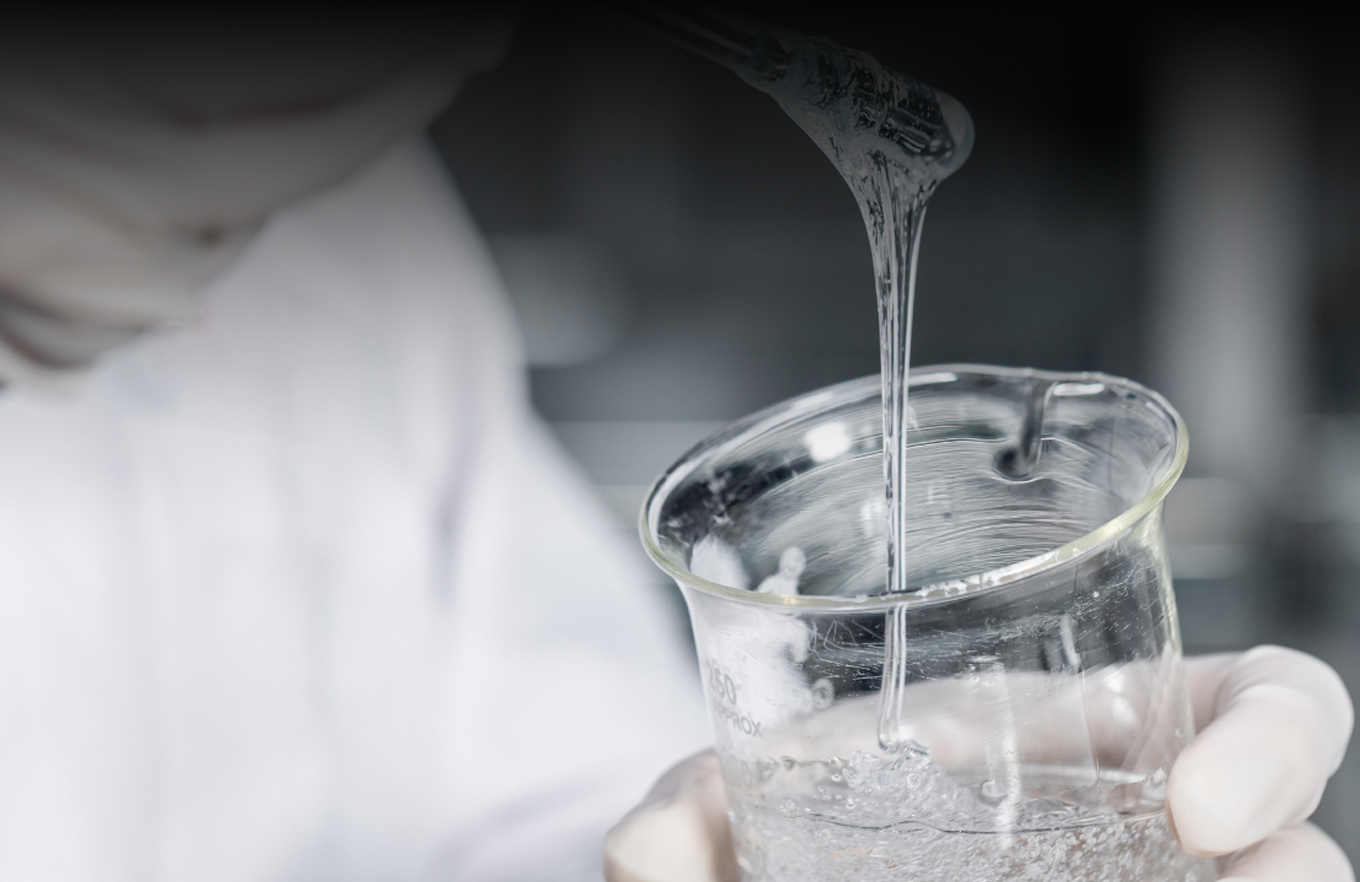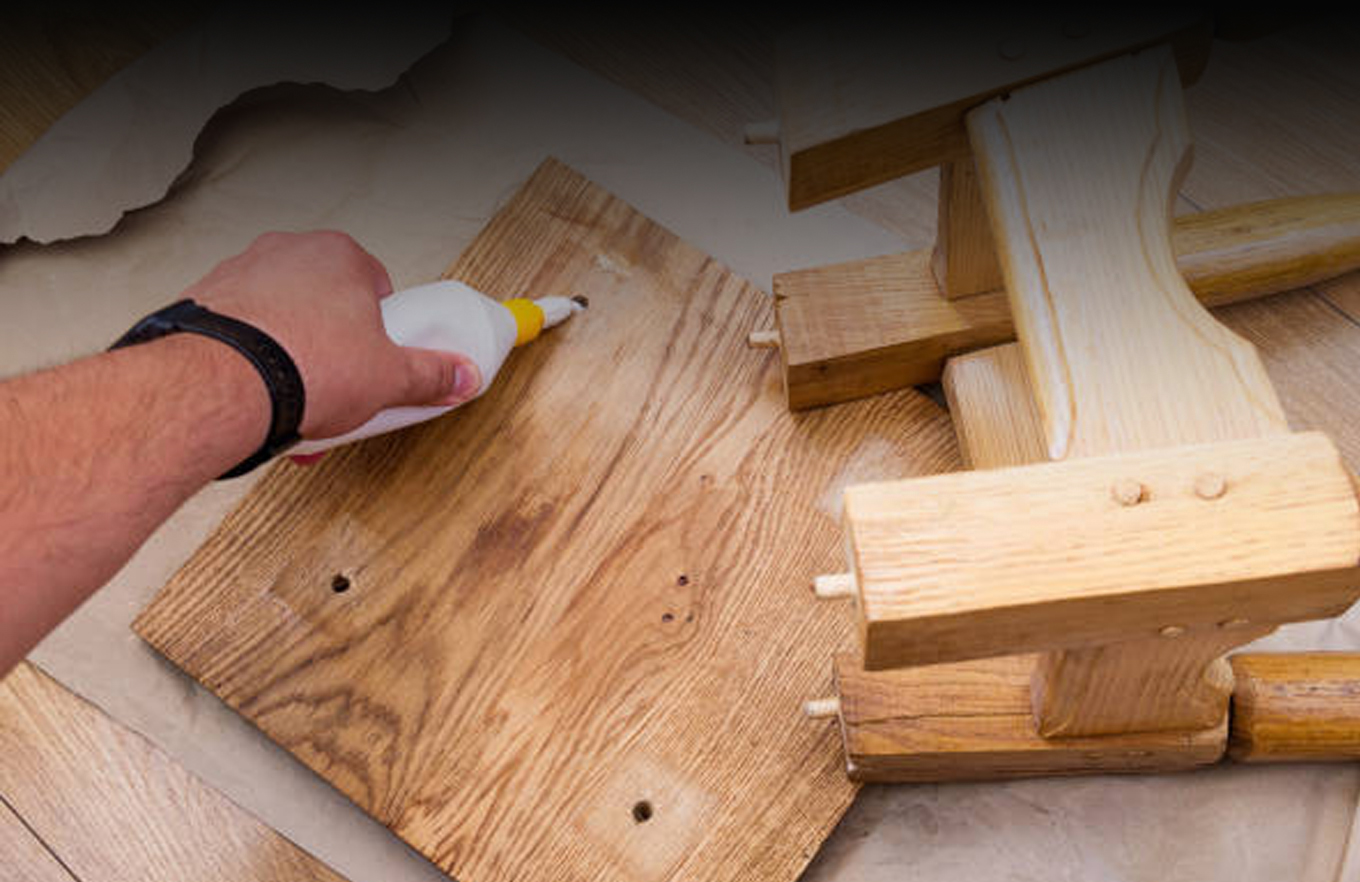
In the world of furniture manufacturing, the unseen elements often define the final product’s quality, durability, and aesthetic appeal. While wood, fabric, and craftsmanship take center stage, it’s the adhesive that quietly ensures everything holds together flawlessly. If you’re searching for a reliable furniture adhesive supplier in Pakistan, understanding what goes into a top-tier contact adhesive is key to making the right choice.
Once an afterthought, contact adhesive for furniture has now become a central component in ensuring long-lasting, high-performance bonding solutions for everything from cabinets to cushioned furniture. In Pakistan, where industrial-grade materials and craftsmanship are increasingly under the global spotlight, choosing a high-quality adhesive is more than a technical decision; it’s a strategic one.

Unlike traditional glues, contact adhesive for furniture offers strong, instant bonding with a wide range of materials, wood, veneer, laminate, foam, and rubber. It forms a durable, flexible bond that doesn’t become brittle over time. This is especially crucial for furniture in high-traffic spaces like offices, hotels, and homes.
What separates premium adhesives from average ones, lies in their formulation. Companies like Samad Adhesive invest heavily in developing products that maintain strength across temperature changes, humidity, and pressure, an essential factor in Pakistan’s climate and industrial conditions.

Rubber Content and Viscosity
One of the key indicators of ahigh-quality adhesive is its rubber content, particularly the presence of chloroprene. A well-balanced formulation with sufficient chloroprene ensures consistent viscosity and strong initial tack. In contrast, low-quality adhesives often reduce costs by using diluted rubber content or inferior substitutes, resulting in weak bonds that fail over time. Trusted manufacturers like Samad Adhesive prioritize industrial-grade chloroprene to ensure uniform application and long-term performance.
In furniture manufacturing, time is money. A good adhesive should offer optimal drying time, neither too fast to make adjustments impossible, nor too slow to delay assembly. This is largely influenced by the solvent content. High-quality adhesives achieve this balance effortlessly, allowing manufacturers to meet production deadlines without compromising on bond strength.
A furniture adhesive supplier in Pakistan must do more than just sell glue; they must ensure the product aligns with evolving industry standards. With customer demands focusing more on eco-friendliness, safety, and performance, suppliers need to stay ahead.
This is where Samad Adhesive stands out. They combine years of technical expertise with market awareness, offering adhesives that meet both commercial and residential project needs. Their formulations are tailored for long-lasting results, free from toxic fumes and compliant with environmental standards.
Different furniture surfaces demand different bonding capabilities. A standard contact adhesive might fail on rubber or curved metal edges. That’s why specialized suppliers ensure their adhesives are tested across surfaces commonly used in local furniture production. Samad Adhesive’s contact adhesive line has proven compatibility with both porous and non-porous surfaces.
In Pakistan’s diverse climates, from coastal humidity to interior heat, temperature resistance is non-negotiable. A poor-quality adhesive may melt or loosen under harsh conditions. Quality suppliers prioritize thermal resistance and water-repellant features to maintain structural integrity, especially for kitchen or bathroom furniture.
A mistake as small as picking the wrong adhesive type can lead to disastrous results. Some common errors include:
● Choosing adhesives not rated for high-strength bonding
● Ignoring compatibility with laminates or foam
● Skipping performance testing under local conditions
A reliable furniture adhesive supplier in Pakistan, like Samad Adhesive, typically provides usage guides, technical sheets, and even product samples to eliminate this guesswork.
While most focus on residential furniture, the rubber adhesive for industrial use remains a closely related need. From conveyor belts to cushioning systems, the same principles apply: flexibility, bond longevity, and adaptability under stress.
Suppliers like Samad Adhesive often serve both markets, ensuring that insights from industrial use improve the formulation for furniture applications, especially where rubber foam or layered materials are involved.
Beyond just products, a good supplier acts as a partner. They should offer guidance on application, suggest alternatives, and help troubleshoot issues on-site. Companies like SamadAdhesive go the extra mile by offering ongoing support to ensure users achieve the best outcomes.
Adhesives are chemical products. Slight inconsistencies can lead to big problems. Top suppliers perform stringent batch testing to ensure each unit meets performance benchmarks. This is vital for maintaining brand reputation and client satisfaction over the long term.
Looking for consistent quality and expert support? Contact Samad Adhesive today and experience reliable bonding solutions.
High-quality contact adhesive for furniture is more than just a sticking agent; it’s the silent strength behind every chair, table, and cabinet. With the furniture industry in Pakistan pushing toward higher standards, working with a dependable furniture adhesive supplier in Pakistan becomes essential for sustainable success. Companies like Samad Adhesive not only deliver premium products but also help furniture makers and manufacturers navigate the ever-changing landscape of materials and requirements.
Behind every lasting bond is a story of quality, research, and expertise, and that begins with the right adhesive and the right supplier.
A contact adhesive for furniture should offer strong initial tack, flexible bonding, and resistance to heat and moisture, especially under Pakistan’s climate conditions.
Look for suppliers like Samad Adhesive that offer industrial-grade adhesives, technical guidance, and consistent product quality across batches.
Yes. Rubber adhesives are usually designed for industrial use and specific materials, while contact adhesives for furniture are more versatile and suited for a variety of surfaces, including wood, laminate, and foam.